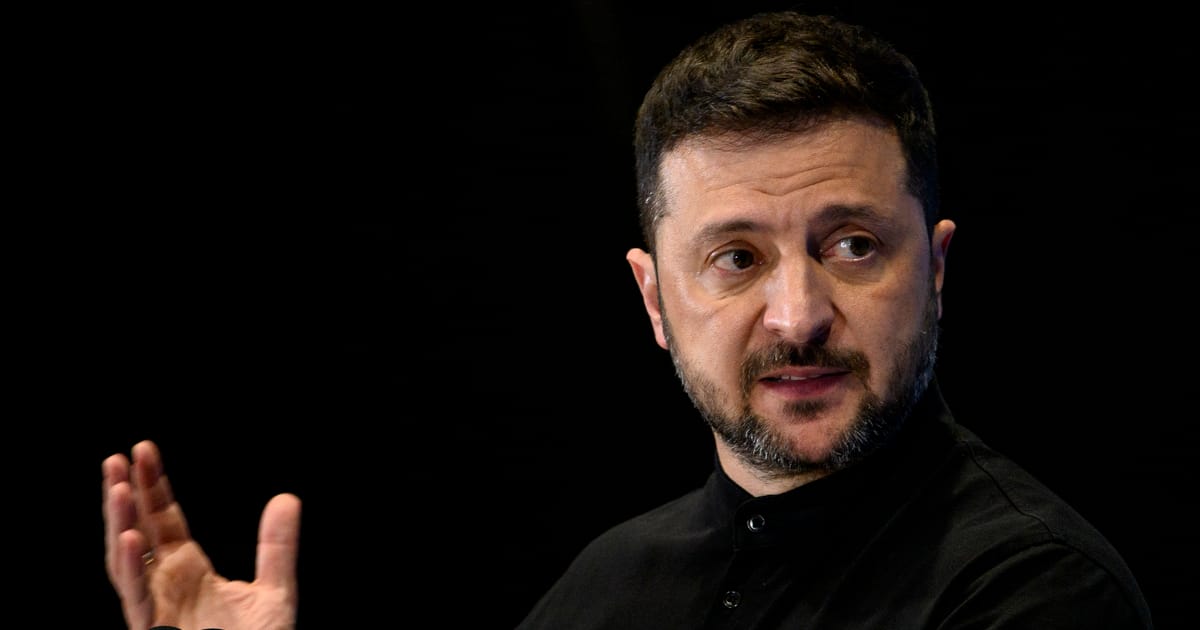

A series of recent developments have highlighted the evolving political landscape in Ukraine and the pressing humanitarian situation in Gaza, each underscoring the global interplay of governance and humanitarian challenges.
In Ukraine, President Volodymyr Zelenskyy has executed a significant political course correction by reversing legislative changes that had provoked widespread public concern over the independence of anti-corruption agencies. Initially, the bill, perceived as a potential power grab, was ratified swiftly, but mounting public backlash prompted a reassessment and subsequent repeal. This development emphasizes the dynamic nature of democratic processes, where public sentiment and civic engagement can shape legislative actions. The initial changes had alarmed stakeholders concerned about the autonomy and effectiveness of Ukraine’s anti-corruption efforts, a crucial element of governance in the nation’s ongoing democratic journey.
This legislative pivot is part of a larger tapestry of Ukraine’s commitment to ensure that its institutions remain resilient and transparent. The episode serves as a reminder of the vital role that public oversight and participation play in upholding the democratic values that underpin equitable governance. It underscores the positive outcomes that can emerge when leaders are responsive to the voices of their citizens.
Turning to the Middle East, the humanitarian crisis in Gaza has reached alarming levels, with reports indicating that UN aid workers and journalists are facing severe food shortages amidst an escalating conflict. The head of the United Nations Relief and Works Agency (UNRWA), Philippe Lazzarini, has painted a stark picture of the situation, describing a collapse of the humanitarian system as those tasked with delivering aid themselves suffer from hunger. The challenges confronting Gaza underscore the humanitarian complexities in regions embroiled in prolonged conflict, where essential services and lifelines can crumble, exacerbating the plight of vulnerable populations.
The efforts to broker a ceasefire have encountered significant setbacks. Despite attempts at negotiation, tangible progress remains elusive, further complicating the delivery of aid and support to those most in need. In response, major global news organizations, including the BBC, AFP, and Reuters, have expressed grave concern for journalists operating in the region. These journalists, vital in providing firsthand accounts and coverage of the situation, are now themselves in danger of starvation, highlighting the broader human impact of the conflict.
The international community continues to watch these developments closely, recognizing the importance of renewing diplomatic efforts to pave the way for humanitarian relief and ultimately, peace. The collaboration of global media organizations in advocating for the rights and safety of journalists in conflict zones underscores the ongoing commitment to preserving the free flow of information, even amidst challenging circumstances.
In reflecting upon these events, it becomes apparent that the pursuit of peace and stability requires both immediate humanitarian action and long-term political solutions. The intersections of governance, civic participation, and humanitarian aid are more crucial than ever in creating pathways toward resilient societies. While geopolitical landscapes are often fraught with complexity, the shared human desire for dignity, safety, and opportunity remains a guiding force in navigating these challenges.
As we ponder these complex situations, the stories from Ukraine and Gaza serve as poignant reminders of the resilience and capacity for change inherent in human societies. Despite the difficulties, there is always potential for progress, underscored by the continuous effort of individuals and organizations striving for a fairer and more peaceful world.
Source: {link}
